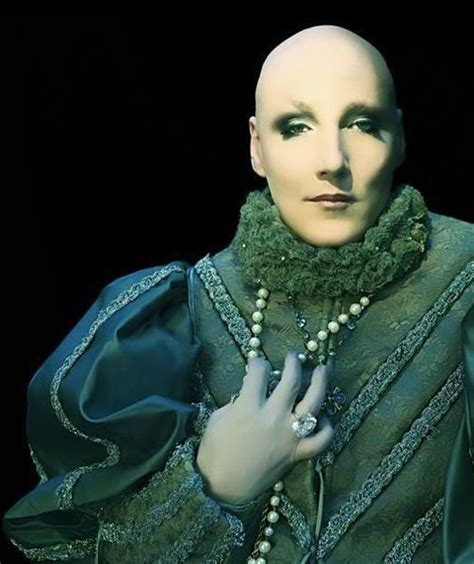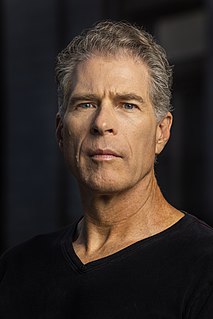Цитата Стивена Кови
К сожалению, слишком многие руководители верят в мифы о доверии. Мифы вроде того, что доверие мягкое и является просто социальной добродетелью. Реальность такова, что доверие бескомпромиссно и является движущей силой экономики.
Связанные цитаты
Когда доверие высокое, вы получаете дивиденды доверия. Инвесторы инвестируют в бренды, которым люди доверяют. Потребители покупают больше у компаний, которым доверяют, они тратят больше с компаниями, которым доверяют, они рекомендуют компании, которым доверяют, и доверяют компаниям, которым доверяют, в пользу сомнений, когда что-то идет не так.
На самом деле, это поиск реальности. Вы не можете быть «настоящим», но вы можете создать реальность. И эта созданная реальность — это то, во что верят зрители. И это важно. Потому что, если зрители в это не верят, они никогда не поверят вам. А если они тебе не доверяют, ты не сможешь повести их на гору.
Быть уязвимым — значит позволить себе доверять. Многим это трудно сделать. Они чувствуют себя в большей безопасности, если возводят вокруг себя стены. Тогда им не придется доверять никому, кроме самих себя. Но позволить вам доверять не только себе, но и доверять другим означает - это то, что требуется, чтобы быть уязвимым, а иметь такое доверие требует мужества.
Совершенное доверие — это совершенная молитва. Доверие надеется получить то, о чем просят, и получает его. Доверие — это не вера в то, что Бог может благословить или что Он благословит, а в то, что Он действительно благословляет здесь и сейчас. Доверие всегда действует в настоящем времени. Надежда смотрит в будущее. Доверие смотрит в настоящее. Надежда ожидает. Доверие обладает. Доверие получает то, что приобретает молитва. Итак, в чем всегда нуждается молитва, так это в постоянном и сильном доверии.
Надеюсь, что один из многих уроков, которые я усвоил, заключается в том, насколько я недооценивал людей, их непредубежденность и их готовность понять. Более того, я думаю, что недооценил степень, в которой у каждого есть история. Так что мой совет, чего бы это ни стоило, — доверять читателям, доверять правде и доверять силе повествования.
































